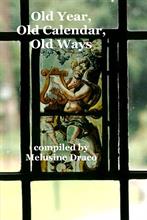
NOVEMBER: [OE] Blōt-mōnaþ ‘Blood Month’ or ‘Month of Sacrifice’ when surplus livestock would have been killed and stored for use over winter. [OHG] Herbist-mānod ‘autumn month’. The first week of November has long been a time of festivals and celebrations marking the end of the harvest and the beginning of winter. In the 14th century misericord calendar, it was shown as the time for killing the pigs fattened with acorns during the previous month. The tree representing November is the Elder, the tree of justice since in times past judgements were often carried out beneath it.
1st Hallowmas (All Saints’ Day) commemorates the faithful departed. In many traditions, All Saints’ Day is part of the triduum of All-hallowtide, which lasts three days from 31st October to 2nd November inclusive. Today: A time for remembering the dead.
1st All Saints Great Fair. Before 1153, Earl Simon of Northampton granted a tenth of the profit of the fair held in the church and churchyard of All Saints to St Andrew’s priory; in November 1235, Henry III ordered that the fair was not to be held in the cemetery or church of All Saints, but instead at a vacant, waste piece of land to the north of the church. In the 13th
century, this was one of the great fairs of England and by 1334: the fair lasted from 1st to 30th November. Today: Ideal for a family day out to a local market and a pub lunch.
1st La Mas Ubhal – The Irish Day of Apple Fruit dedicated to the ‘Lunar-arkite goddess who presided over seeds and fruit’ according to the Cambrian Quarterly. Pronounced la-masool, the English corrupted it to ‘lambs-wool’. A beverage consisting of the juice of apples roasted over spiced ale. A great day for this drink was the feast of the Irish apple-gathering. “The pulp of roasted apples, in number foure or five … mixed in the wine quart of faire water, laboured together until it come to be as apples and ale, which we call lambes wool.” Johnson’s Gerard 1460. Today: A warming winter drink for celebrating the end of the apple harvest.
2nd All Souls Day remembers deceased relatives on the day. Some believe that the origins of All Souls’ Day in European folklore and folk belief are related to customs of ancestor veneration. Today: If you haven’t before, light a candle for any deceased relatives and friends.
2nd Day of the Dead – the day in the Celtic year when the Festival of the Dead took place. It was once the custom to leave doors open and food on the table to nourish the souls of recently departed family members. Today: In traditional witchcraft this might also involve holding a Dumb Supper, either today or more appropriately at Old Samhain.
Weather-lore: ‘On first November if weather is clear;
’Tis the end of the sowing you’ll do for the year’.
3rd Hilaria, a harvest festival in the Roman religion; day of merriment and rejoicing of the Isis-Osiris cult, marking the resurrection of Osiris, husband of Isis. This was a mirror celebration of the Cybele-Attis cult resurrection celebrated on the 25th March. Today: A day of endings and new beginnings.
10th Old Samhain Eve, Lá Samhna, Calan Gaeof. This is the winter season that traditionally runs from is about halfway between the Autumn Equinox and the Winter Solstice. It is one of the four Gaelic seasonal festivals, along with Imbolc, Beltaine and Lughnasadh. Historically, it was widely observed throughout Ireland, Scotland and the Isle of Man. Similar festivals are held at the same time of year in other Celtic lands; for example the Brythonic Calan Gaeaf (in Wales), Kalan Gwav (in Cornwall), and Kalan Goañv (in Brittany). Tonight: Hold the traditional observance for Samhain.
11th Better known since 1918 as Armistice Day, it is the time to remember the war dead and the Ancestors on Old Samhain. Today: Wear your poppy with pride.
11th Martinmas. The time when autumn wheat seeding was completed, and the annual slaughter of fattened cattle produced ‘Martinmas beef’. Hiring fairs were held where farm labourers would seek new posts. It was also the time when autumn winter seedling was usually completed and the farmer provided a ‘cakes and ale’ feast for the workers that included special ‘hopper cakes’ made with seeds and whole grains. Today: Celebrate with ‘cakes and ale’ in time honoured fashion.
11th Vinalia, the Feast of Bacchus. When Bacchus was merged with Christianity, St Martin had to bear the ill-repute of his predecessor and become the patron saint of drunkards, with the Feast of St Martin used to be held as a day of great debauch! Today: Share a bottle of wine with close friends.
Weather-lore: ‘Wind north-west at Martinmas, severe winter to come’.
13th Feronia, a Roman terrestrial goddess of fertility and ‘plenty of abundance’ who was once a Sabine goddess of the wilderness and wild woods. The particulars of the festival are lost but Dionysius of Halicarnassus gives us a flavour of them when he describes other festivities dedicated to Feronia. Today: Honour the goddess in her untamed form.
20th The Feast of St Edmund the Martyr of Suffolk (d.869) the patron saint of England until Edward III replaced him by associating Saint George with the Order of the Garter. The King believed England should have a fearless champion as its patron saint and not one who had been defeated in battle. In 2006, a group that included BBC Radio Suffolk and the East Anglian Daily Times failed in their campaign to reinstate Edmund. In 2013 another campaign to reinstate St Edmund as patron saint was begun with the backing of representatives from businesses, Churches, radio and local politicians.
23rd Feast of St Clement. He became the patron saint of ironworkers and of all trades, the blacksmith’s is richest in traditions. The smith’s magical status was early established because he worked with iron and fire. Today: Light the patio fire in honour of the smith gods and hold your own ‘Clem Supper’ especially if you’re a horse-person.
25th The Roman Festival of Proserpina, daughter of Ceres and the root meaning behind the Eleusinian Mysteries, and the beginning of winter.
30th [NS] St Andrew’s Day. The celebration of Saint Andrew as a national festival is said to originate from the reign of Malcolm III. Today: Celebrate the national day of Scotland.
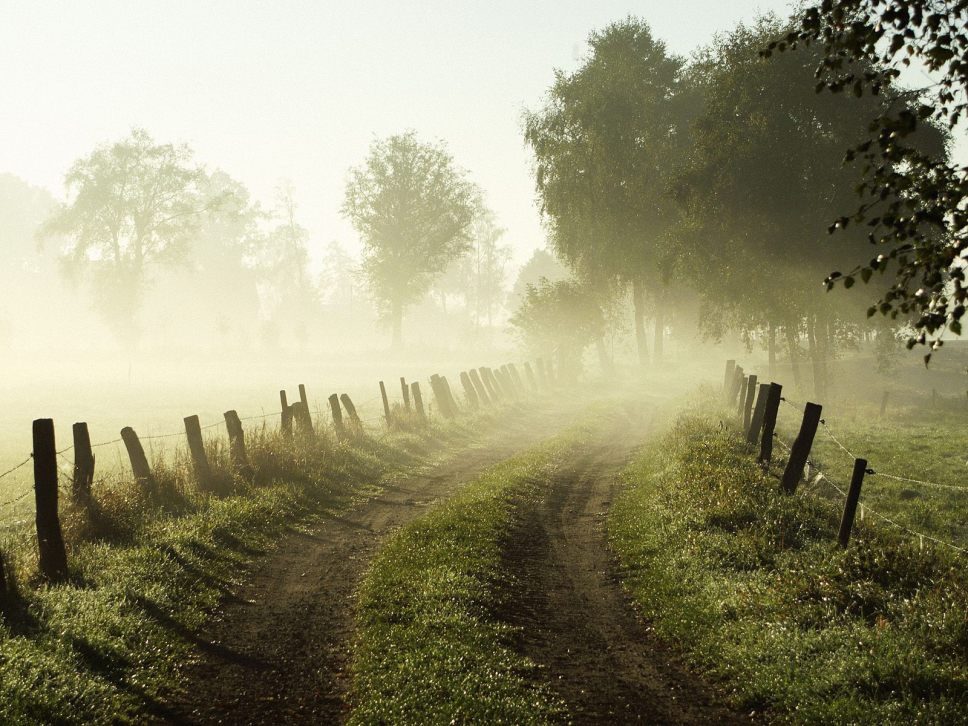
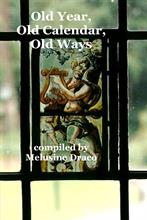
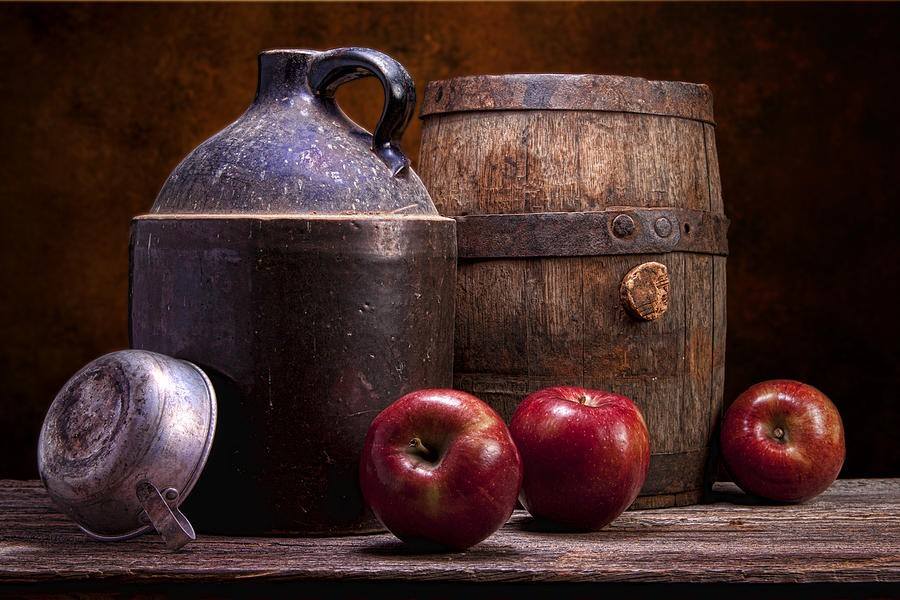
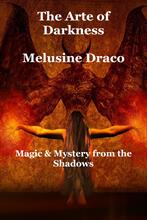
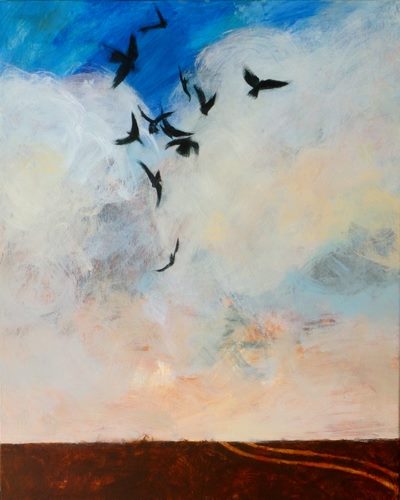
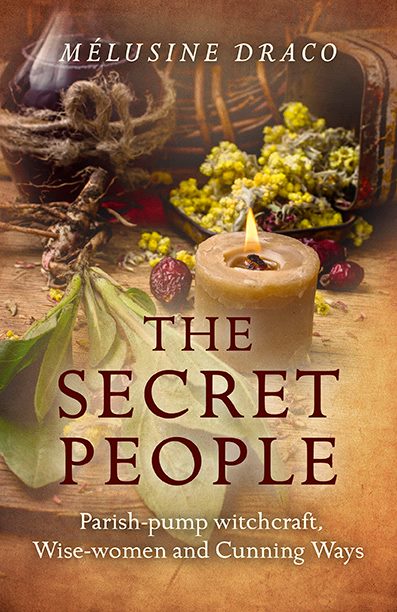
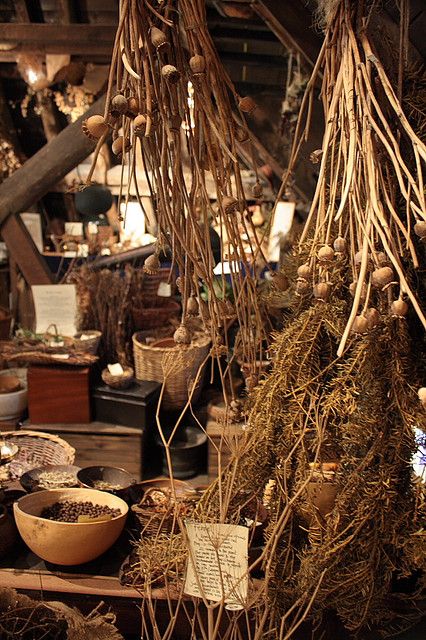
 RSS Feed
RSS Feed